The fall of Boris Johnson: How we got here and what comes next
In the fog of the Tory civil war it’s good to know how we got here, writes Sean O’Grady
In the fog of the Tory civil war, it’s not always clear who’s winning or even exactly who’s on the field of battle.
Sometimes there’s a surprising consensus on the course of events, but also a perplexing conflict over who said what to whom.
In particular, the way the nominations for Boris Johnson’s resignation honours list were handled (especially peerages for Nadine Dorries and others), is particularly opaque.
But, as they say, we are where we are and it’s good to know how we got here.
The timeline
2022
Thursday 21 April 2022: House of Commons passes resolution proposed by Labour to refer Boris Johnson to the Commons Committee of Privileges over what he told parliament about gatherings at Downing Street during Covid pandemic.
Wednesday 25 May: Sue Gray Report into the Partygate scandal is published and pressure on Mr Johnson intensifies.
Thursday 7 July: Mr Johnson announces he will resign as prime minister, carrying on as caretaker until a successor is chosen (which turns out to be his favoured candidate Liz Truss): He tells a press conference he is sad to leave the job he loves but “them’s the breaks”.
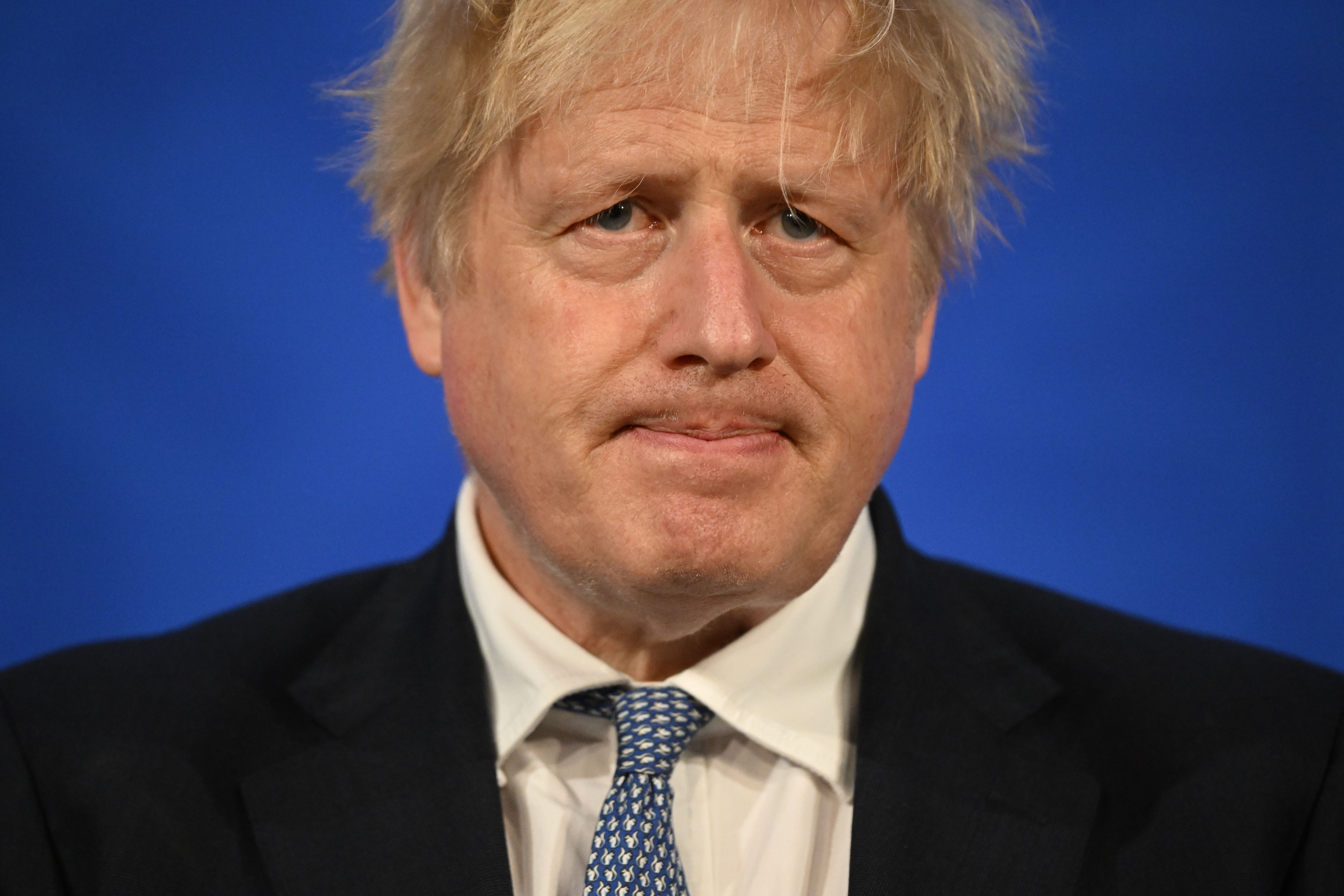
Tuesday 26 July: First reports concerning the sheer size of Mr Johnson’s resignation honours list emerge.
Tuesday 6 September: Mr Johnson leaves office.
Tuesday 8 November: Some of the names proposed by Mr Johnson enter the public domain – MPs Nadine Dorries, Alok Sharma, Alister Jack; plus Ross Kempsell (aide); Charlotte Owen (aide); Dan Rosenfield (chief of staff); Ben Houchem (controversial mayor of Tees Valley); Shaun Bailey (failed candidate for London mayor and alleged lockdown rules breaker).
2023
February: Mr Johnson submits his list of resignation honours to Downing Street. It includes Dorries, Adams, Sharma et al. However, perhaps in a tragic and colossal misunderstanding/blunder on their part or Mr Johnson’s, they believed they could accept peerages as serving MPs without declaring they were standing down as MPs. So they were technically ineligible for the Lords anyway. By the time they learned this, last week, it was too late to fix, and Downing Street wasn’t helping them either. They and Johnson were in blissful ignorance. The (eventual) exceptions were Alister Jack, who decided to carry on in Rishi Sunak’s cabinet, and the donor Stuart Marks, who withdrew for personal reasons.
March 3 2023: Privileges Committee publishes its interim report, stating its aim was to determine that, if a statement made by Mr Johnson to the Commons is found to have been misleading, it was “inadvertent, reckless, or intentional”. This included examining “how quickly and comprehensively any misleading statement to the House was corrected.” The interim report contains damaging evidence, including one witness saying the then-prime minister told a packed No 10 gathering in November 2020, at a time when strict Covid restrictions were in force, that “this is probably the most unsocially distanced gathering in the UK right now”.
Sunday 5 March: Reports emerge claiming that Mr Johnson wishes to give his father, Stanley, a knighthood. Labour is outraged.
Thursday 22 March: Mr Johnson, accompanied by a legal team led by Lord Pannick KC, gives three hours of televised oral evidence to the Privileges Committee. He refuses to guarantee he will accept their findings.
Wednesday 17 May: Alister Jack, a putative Mr Johnson-nominated peer, declares he will instead carry on as Scottish secretary for the duration of the Sunak administration.
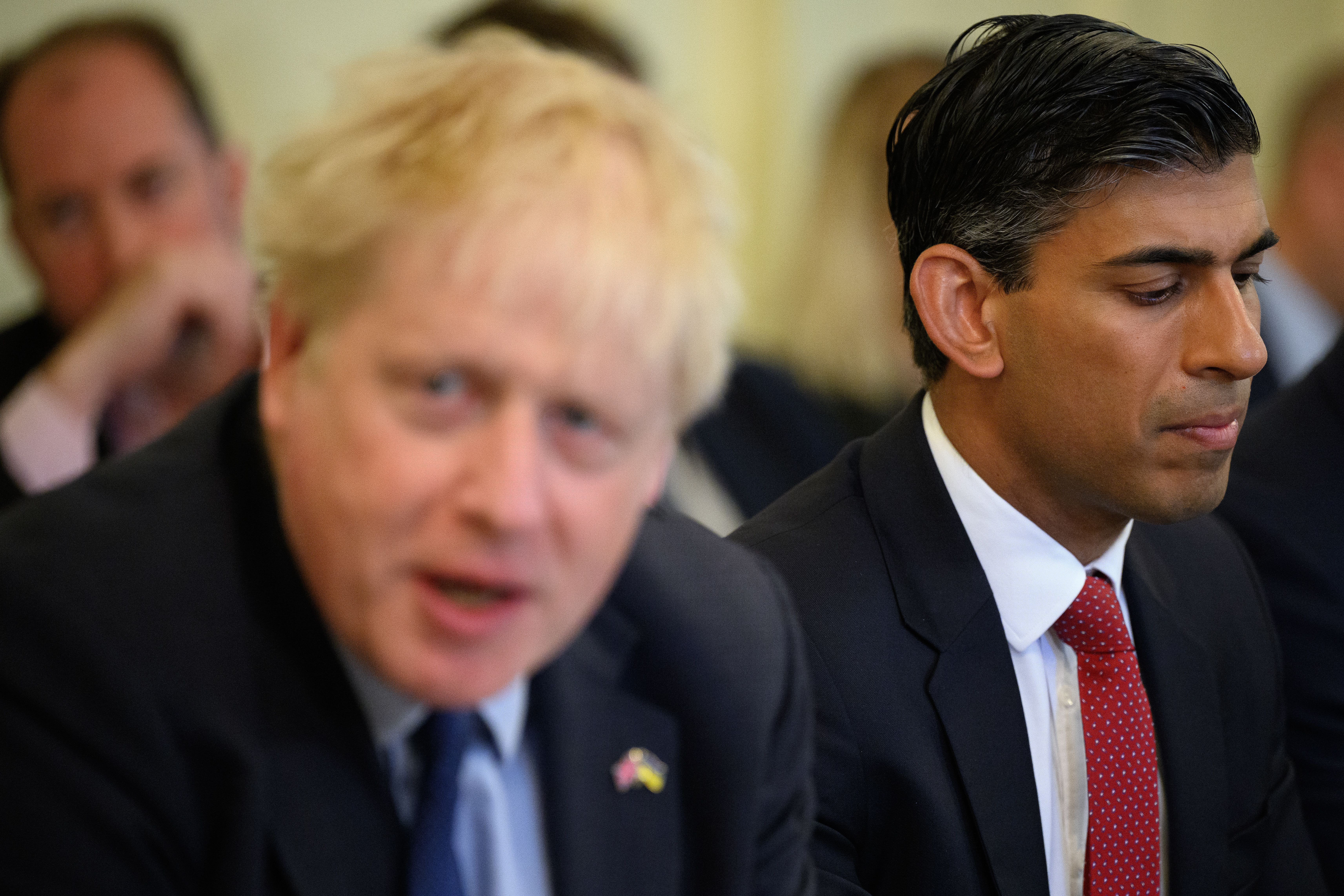
Thursday 18 May: Cabinet Office personnel, under the Civil Service Code, send details from Boris Johnson’s diaries of potentially illegal gatherings involving the Johnsons to the Metropolitan Police. Ministers said not to be “involved”, but may have been informed.
Friday 19 May: Cabinet Office sends similar information to Thames Valley Police regarding gatherings including the Johnsons at Chequers.
Tuesday 23 May: Press reports of the flow of information to the police appear in the press. “Hostilities begin”, with suspicion in the Johnson camp about the disclosure of information to the police landing on Oliver Dowden, Cabinet Office minister, deputy prime minister and ally of Rishi Sunak.
Friday 26 May: “Back channels” between Team Johnson and Downing Street go quiet. Additional arguments about the redaction of Mr Johnson’s documents for the Covid Inquiry not helping relations.
Tuesday 30 May: It is around this time that the Privileges Committee starts to change its mind about the severity of Mr Johnson’s punishment, though not necessarily decisively. Apparently, they were irritated by the “belligerence” of Mr Johnson’s lawyers and his own refusal to accept their authority and his denialism. They were also disturbed by the fresh revelations about parties at Chequers. These factors, rather than being leant on by Tory whips, seem to have been the determining ones. A suspension of more than 10 days (triggering a by-election) becomes a growing possibility, pending another Johnson response, but not the outcome of police inquiries. Bernard Jenkin, senior Tory on the committee is instrumental in this shift in sentiment: a Brexiteer, but one of independent mind.
Thursday 1 June: “Red lights flashing” in Downing Street about Mr Johnson’s future after the privileges committee report and possible by-election in his seat, Uxbridge and South Ruislip.
Friday 2 June: A peace summit between Mr Sunak and Mr Johnson agreed in the morning is set for 4.30pm. It lasts for 45 minutes and is an attempt to end the “psychodrama”. Mr Johnson, Mr Sunak and Sunak aide James Forsyth are in attendance; only Forsyth takes notes. Mr Johnson asks Mr Sunak to: halt the Select Committee Inquiry; make Mr Johnson envoy to Ukraine; and approve the Johnson resignation honours, including peerages for Johnson loyalists Nadine Dorries, Alok Shama and Nigel Adams, plus other honours for two donors – David Ross and Stuart Marks. Mr Sunak refuses to offer any guarantees and is “Sphinx-like” according to sources, telling his predecessor as he left the meeting: “I don’t want you to leave this room thinking I have made you a promise as that will be a problem in our relationship going forward”. (And so it proved).
Mr Johnson claims to have been under the impression Mr Sunak has agreed his honours list and anyway tells Dorries she’s on the list.
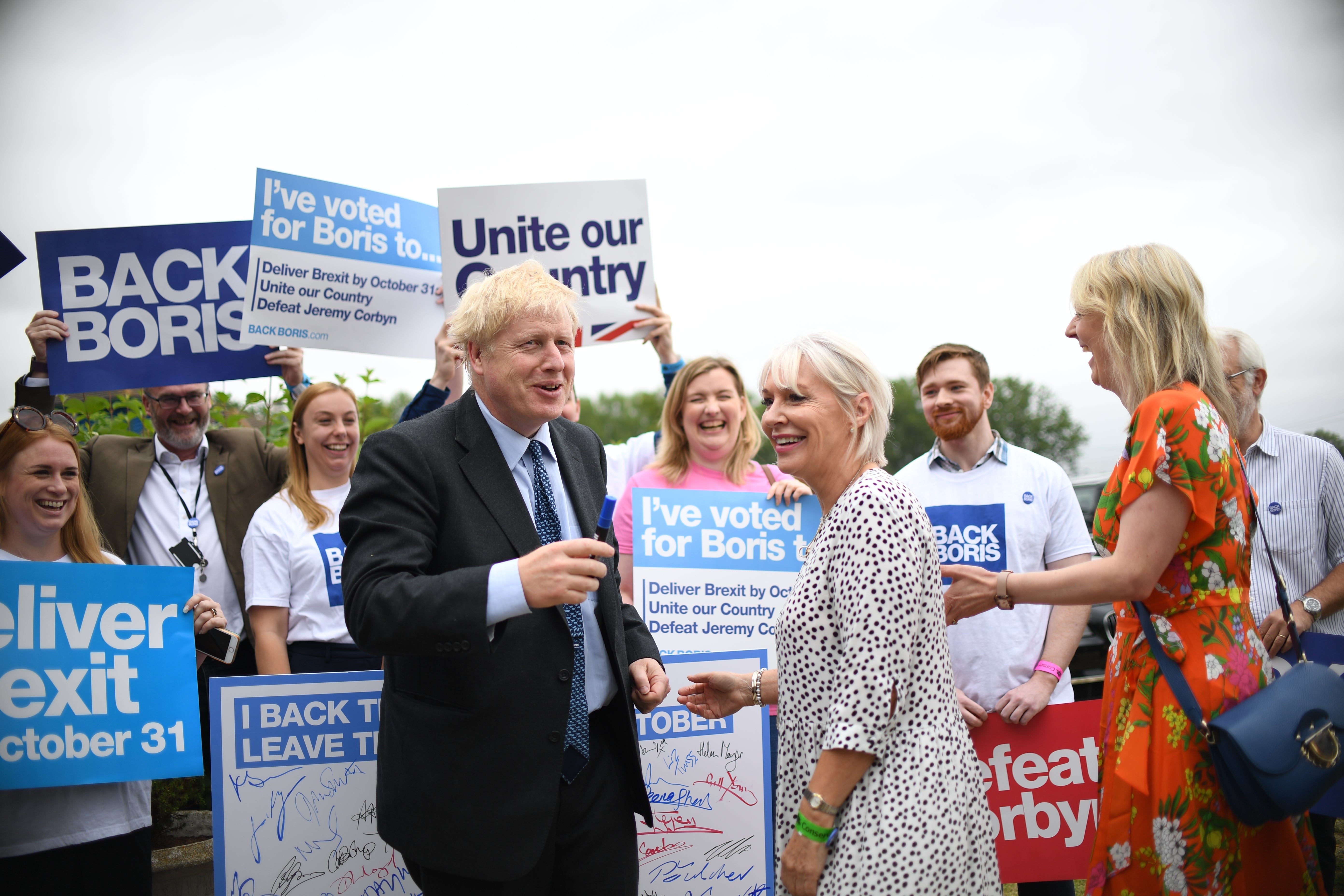
Around this point, government chief whip Simon Hart supposedly tells Mr Johnson the privileges committee report will be “in the middle” of expected criticism. Mr Johnson leaves happy, Mr Sunak believes he’s told Mr Johnson he will follow procedure on the peerages.
Sincerely or mistakenly, Mr Johnson texts Ms Dorries that afternoon: “Just finished the meeting with Rishi. List being published imminently. You’re on it.”
Monday 5 June: A chirpy Mr Johnson pops up in the Commons to ask Michael Gove a question about levelling up and Northern Powerhouse Rail. Allegedly at this point, Downing Street officials in Mr Sunak’s team (ie not Sunak himself) deleted five of Johnson’s nominees going for vetting by the House of Lords Appointments Commission (HOLAC).
Tuesday 6th June: Notifications for honours and peerages are issued to those concerned.
Wednesday 7 June: Press reports that Ms Dorries and Mr Sharma will receive peerages, with by-elections to follow. But both and others hear nothing, and when they ask, are told nothing by HOLAC or Downing Street. It’s around this time that Mr Johnson is finally informed that Mr Sunak isn’t going to rescue him, and whip Tory MPs to vote down the privileges committee report, whatever the PM may or may not have appeared to promise. Johnson is said to have responded, “I’m f***ed”.
Thursday 8 June: At midday, Harriet Harman, acting chair of the Privileges Committee, emails Mr Johnson with the news that his sanction will be serious enough - 20 days - to trigger a recall petition in Uxbridge and possible by-election. (Mr Johnson is on a plane on his way to a speaking engagement in Cairo). His lawyers simultaneously receive a paper copy of the draft report. Mr Johnson erupts with anger. At 7pm, he and Ms Dorries have a conversation, after she’s tipped off that she’s not going to the Lords, after all. She tells Mr Johnson not to go through a by-election; he agrees and remarks “f***ed if I will”.
Friday 9 June. At around 4pm, Ms Dorries quits the Commons with immediate effect. Mr Sunak had refused to guarantee to her on Thursday she could collect her peerage at the end of the parliament, on his recommendation, and Downing Street turned down her offer to go back on the loss if she resigned. Mr Johnson announces his resignation at around 8.30pm, from Egypt, and issues a lengthy and personal attack on the prime minister, plus a Trumpian assault on the Privileges Committee (calling it a “kangaroo court” and its actions a “political hit-job”). His press release launches a myth of a conspiracy to reverse Brexit.
Saturday 10 June: Nigel Adams MP quits, causing a third by-election. Speculation about others such as Nadhim Zahawi and Jacob Rees-Mogg (who deny it) swirls. Two MPs said to be “on resignation watch”.
Sunday 11 June: Sunday media bulging with contrasting versions of events, spin, counter-spin, lurid threats and splits. Rees-Mogg declares that if Conservative HQ/Number 10 tries to prevent Johnson getting back into the Commons there’ll be “civil war”. Nigel Farage discusess the possibility of working with Mr Johnson on a realignment of the centre-right, and a new “UKIP-style “insurgency”.
HOLAC reveals that eight of Mr Johnson’s nominees for peerages were “not supported” by them - Dorries, Adams, Sharma and Alister Jackson and others - as serving MPs they would have had to state they were standing down (which it seems no one told them …). Sunak declassifies and publishes the actual list of peers approved by HOLAC, according to the letter sent to the PM by the chair of HOLAC, Lord Bew. Ms Dorries and the others aren’t on the list.
What happens next?
Monday 12 June: Privileges Committee meets to discuss the most recent developments. On the agenda will be how to account for recent events and Mr Johnson’s resignation and (presumably) refusal to engage with the process. They are likely to press on with their report and recommendations and may retain the sanction of a 20-day suspension for Mr Johnson which (arguably) will be valid for the rest of this parliament (in case it comes back). They’ll also consider Mr Johnson’s renewed attack on their integrity as an additional contempt of parliament. Withdrawing the customary parliamentary pass for ex-MPs is an option. They might also condemn those in the Commons who’ve echoed Johnson’s critique, either in their report or via a motion of censure proposed to the Commons Speaker Linday Hoyle. Mr Hoyle may also warn MPs not to trash their colleagues on the committee doing their duty.
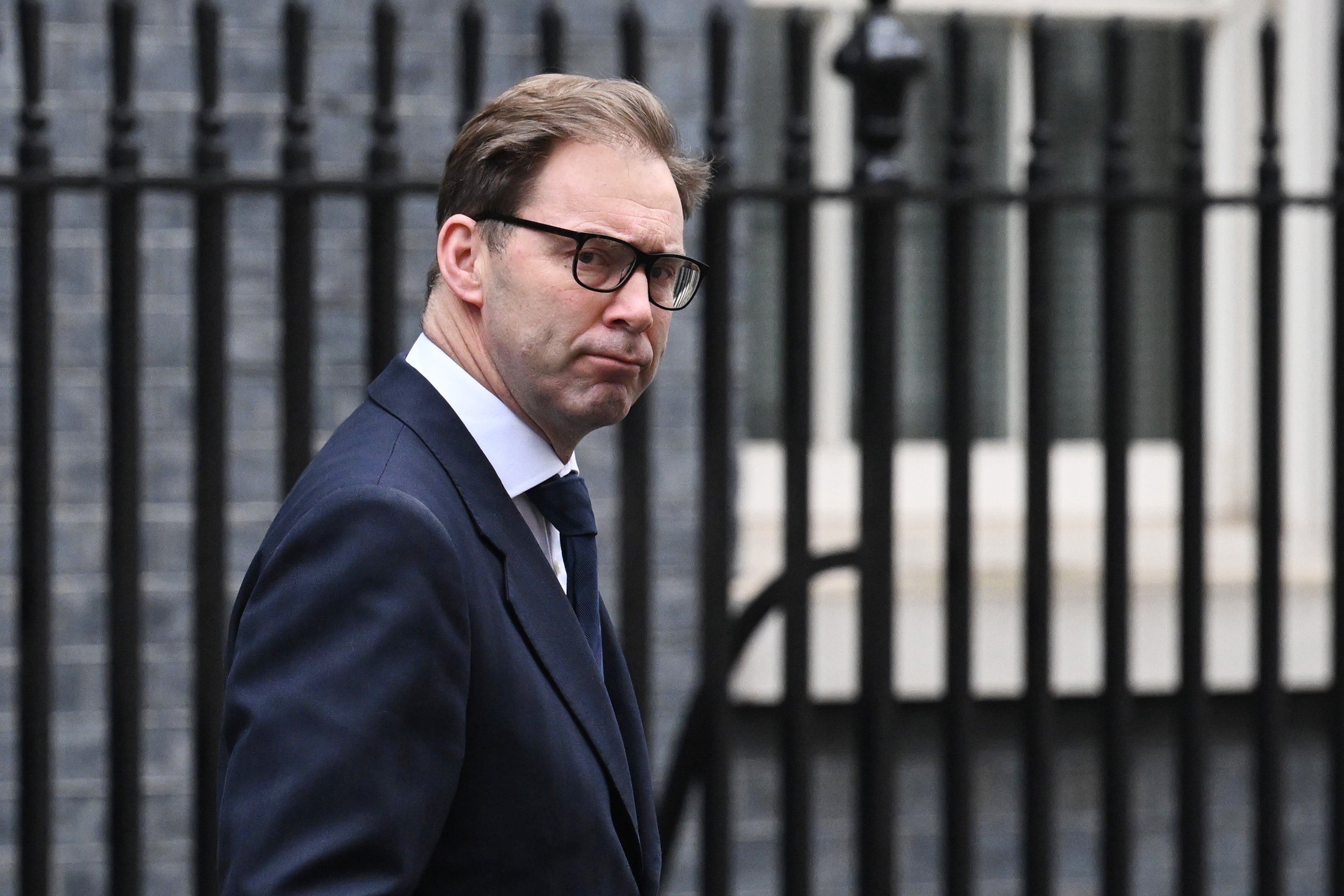
The government may well move three writs for the pending by-elections, with a view to getting them all out of the way, preferably in one day.
Wednesday 14 June: Probably the day when the Commons Privileges Committee will publish its report and recommendations, for consideration by the whole House. Inevitably they will be accepted by the House; but Johnsonites may signal dissent by speaking up for him and voting against the report or abstaining.
During June: The possibility of more Tory resignations, either in solidarity with Mr Johnson or on broader issues of policy. Liz Truss, never knowingly overshadowed, might also cause some trouble.
During the summer: Mr Johnson will complete a volume of memoirs, which will form a sort of bible for the stab-in-the-back legends he and the Johnsonites are currently cultivating. It will also embarrass the party leadership still more. Mr Johnson will thus get his “betrayal” narrative in first. He’ll also be building up his war chest for future projects.
The three by-elections, plus another in Scotland after the suspension of Margaret Ferrier, could be held at the end of July.
The possibility of Mr Johnson and a Conservative constituency association in an ultra-safe seat defying HQ and nominating him as a candidate during the summer months.
October 1 - 4: Last Conservative conference before the general election. Unlikely to be a masterclass in party management and unity. Any appearance by Mr Johnson would cause pandemonium.
January 2024: Sunak’s five pledges are up for marking – inflation, growth, national debt, stopping small boats crossing the English Channel and cutting NHS waiting lists. He may not pass all his exams.
March 2024: Jeremy Hunt’s last Budget before polling day. Modest tax cuts. A further opportunity for Mr Johnson (and a shameless Ms Truss) to present an alternative manifesto for a “proper” tax-cutting Conservative government.
May 2024: Likely date for the general election, on the same day as the local elections, say 2 May. (11 May marks the 14th anniversary of David Cameron becoming prime minister).
June to August 2024: Mr Sunak goes and the party looks for its sixth leader in 10 years. So: A long-drawn-out Tory leadership election among the survivors, with touring hustings and televised “circular firing squad” TV debates. In a really heavy defeat, potential contenders such as Steve Baker could be out of the Commons. Mr Johnson has to be an MP to take part against Penny Mordaunt, James Cleverly, Suella Braverman, Kemi Badenoch and others lucky enough to have ultra-safe seats.
A greatly denuded parliamentary party would need to pick two runners for the membership; but it’s difficult to predict who would be there after a Labour landslide - old timers and new talent. Who will get to be leader of the opposition? Who would want it? Will Johnson ever go away?
Join our commenting forum
Join thought-provoking conversations, follow other Independent readers and see their replies
Comments

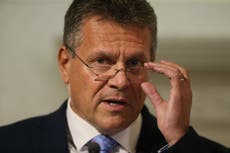






Bookmark popover
Removed from bookmarks